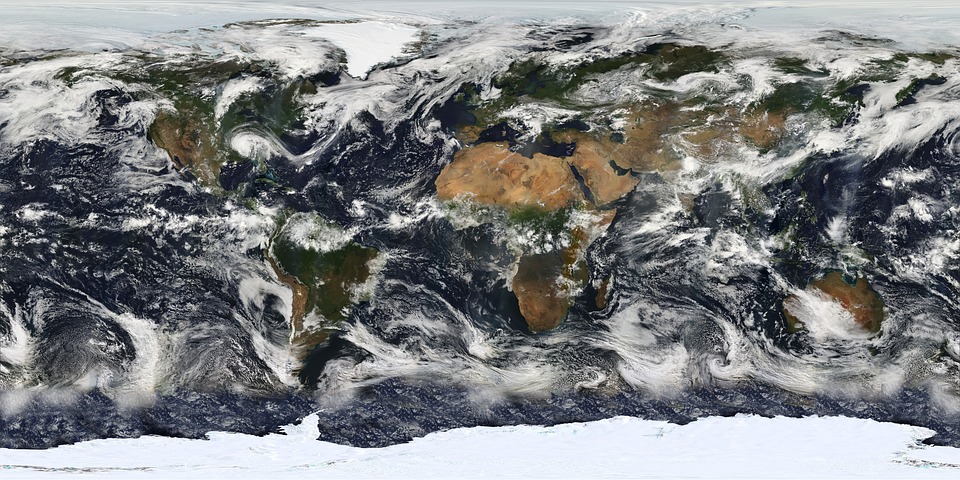Introduction
Global warming is the long-term heating of Earth’s climate system observed since the pre-industrial period (between 1850 and 1900) due to human activities, primarily the burning of fossil fuels, which releases greenhouse gases into the atmosphere.
Causes of Global Warming
Some of the primary causes of global warming include:
- Burning of fossil fuels
- Deforestation
- Industrial processes
- Agriculture
Effects of Global Warming
Global warming has a number of negative effects on the environment, including:
- Rising sea levels
- Increased frequency of extreme weather events
- Loss of biodiversity
- Disruption of ecosystems
Prevention and Mitigation
There are several ways to prevent and mitigate the effects of global warming, including:
- Reducing greenhouse gas emissions
- Transitioning to renewable energy sources
- Conserving energy
- Planting trees and preserving forests
Conclusion
Global warming is a serious issue that requires immediate action to prevent further damage to our planet. By taking steps to reduce our carbon footprint and mitigate the effects of climate change, we can work towards a more sustainable future for generations to come.

Kyle Whyte is a notable scholar and professor at the University of Michigan, holding positions such as the George Willis Pack Professor in the School for Environment and Sustainability and Professor of Philosophy. Specializing in environmental justice, his work critically examines climate policy and Indigenous peoples’ ethics, emphasizing the nexus between cooperative scientific endeavors and Indigenous justice. As an enrolled Citizen Potawatomi Nation member, he brings a vital perspective to his roles as a U.S. Science Envoy and member of the White House Environmental Justice Advisory Council. His influential research is supported by various prestigious organizations including the National Science Foundation, and disseminated through publications in high-impact journals. Kyle actively contributes to global Indigenous research methodologies and education, with affiliations to numerous institutes and societies dedicated to traditional knowledge and sustainability. Recognized for his academic and community engagement, Kyle has earned multiple awards and served in various visiting professorships. His efforts extend to leadership positions on boards and committees focused on environmental justice nationwide.
